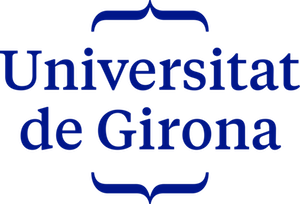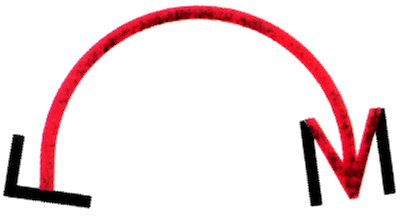
Adán Cabello
Adán Cabello (1968), PhD in Physics (1996, Complutense University of Madrid), has been a professor of Physics at the University of Seville since 2009. Adán Cabello is an essential reference in the study of interpretations of quantum mechanics, a field of interaction between physics and philosophy that allows us to question what quantum mechanics really tells us about the world and where this theory comes from. He has focused his research on the conceptual foundations of quantum theory and its application to quantum information and computing. He has made decisive contributions in the fields of contextuality and non-locality. He is the author of more than 220 publications in high-impact journals. He has been a visiting professor and researcher at various international universities and regularly collaborates with experimental groups around the world.
As Jian-Wei Pan says, Adán Cabello is “one of the world’s leading experts on the fundamentals of quantum mechanics and quantum information, and possibly the pioneer and leading expert on contextuality.” Anton Zeilinger, winner of the 2022 Nobel Prize in Physics, adds: “Contextuality is now a central paradigm in quantum theory and, therefore, in the development of new quantum technologies. He has made decisive theoretical contributions and crucial identifications.”
The International Year of Quantum Science and Technology 2025 commemorates the 100th anniversary of the birth of quantum mechanics. In June 1925, Werner Heisenberg retired to the German island of Helgoland and, on that North Sea island, laid the foundations of quantum theory. In June 2025, aboard a ship carrying several hundred physicists to Helgoland, Adán Cabello said, “We are here happily celebrating 100 years, but in reality it’s a mess. They gave us this theory and we still don’t understand what it means” (Cuanta Magazine, 8-8-2025).
Programme
UNDERSTANDING QUANTUM THEORY AFTER 100 YEARS
November 25, 26, and 27, 2025
(Click here to download the program in PDF format)
Tuesday, November 25, Pep Nadal Hall, Faculty of Letters, University of Girona
1. Quantum theory is not what you think (11.30h.)
2. Interpretations of quantum theory: The map of madness (16.00h)
Wednesday, November 26, Main Lecture Hall of the Faculty of Sciences, University of Girona
3. Where does quantum theory come from? (11.00h)
4. Understanding quantum theory (16.00h)
Thursday, November 27,, Casa de Cultura - Girona
Lecture «Física cuántica: 100 años de malentendidos» (19.00h.)
Prof. Matthias Kleinmann (University of Siegen) and Prof. Costantino Budroni (University of Pisa) will also participate in the sessions.
Registration
Registration is free, but you must reserve a place by sending an email to the Ferrater Mora Chair. For the conference at the Casa de Cultura, you must register on their website.
Lesson descriptors
Understanding quantum theory after 100 years
I. Quantum theory is not what you think
Quantum theory is not about things that are particles and waves, or systems that can be in two places at once. Quantum theory is a set of rules for calculating probabilities. Many of the images used to illustrate these rules are simply wrong. To understand quantum theory, we have to start by knowing what it really is.
2. Interpretations of quantum theory: The map of madness
One hundred years after its formulation, disagreements persist about the very meaning of the theory. It is important to identify the reasons for these disagreements.
3. Where does quantum theory come from? (¿De dónde proviene la teoría cuántica?)
No proposed interpretation explains where quantum theory comes from. However, quantum theory leaves a very detailed signature in its predictions for certain types of experiments. Here, we simply ask ourselves how the world must work to leave these signatures.
4. Understanding quantum theory (Comprender la teoría cuántica)
The answer to the question of how the world must function in order to leave these signatures is surprisingly simple and brings us closer than ever to understanding quantum theory.
More information about Adán Cabello's work
News:
- Testing free will: New experiments on the quantum property that baffled Einstein
- Researchers use a game to demonstrate quantum pseudotelepathy
- Jian-Wei Pan: ‘The next quantum breakthrough will happen in five years’
- Un hallazgo español, entre los principales avances de la física
Articles:
- Adán Cabello, El puzle de la teoría cuántica. Investigación y ciencia, September, 2017.
- Adán Cabello, La curiosidad y el universo. Lección Inaugural leída en la Apertura del Curso Académico 2010-2011 en la Escuela Técnica Superior de Ingeniería de Edificación, Universidad de Sevilla.


